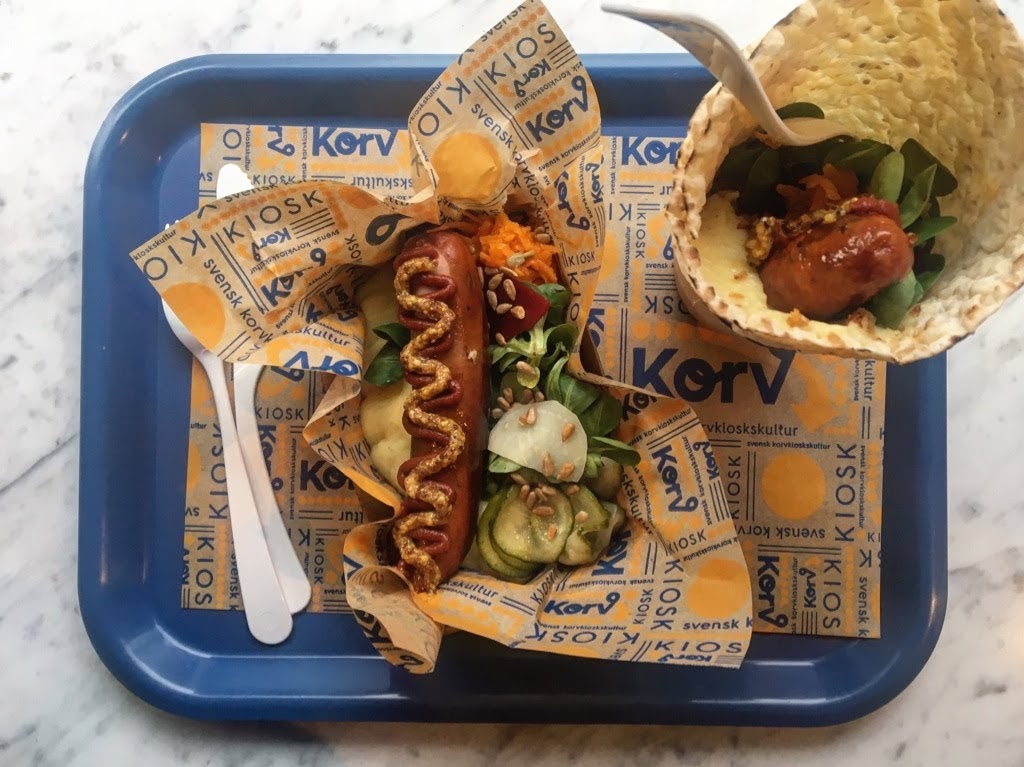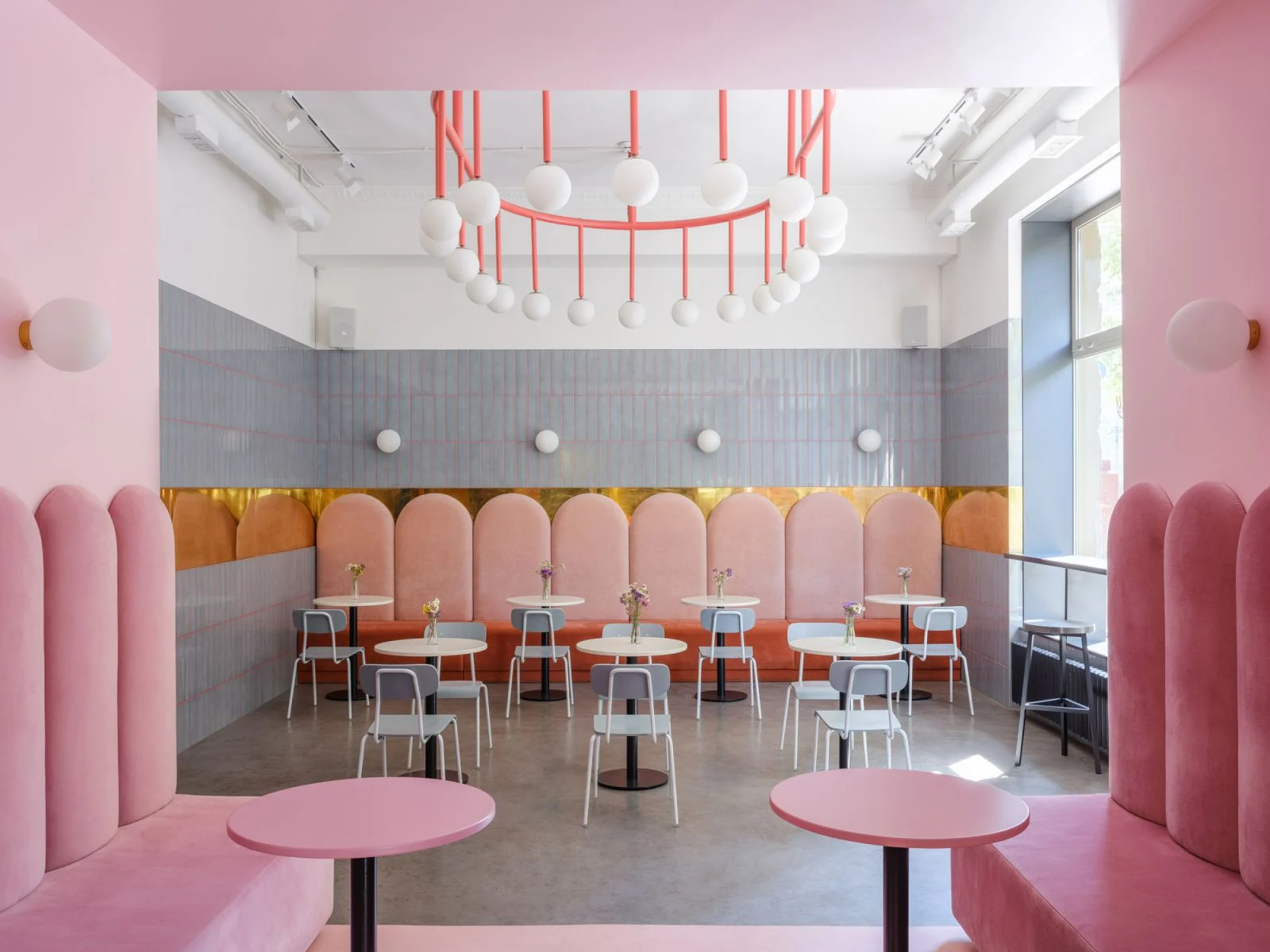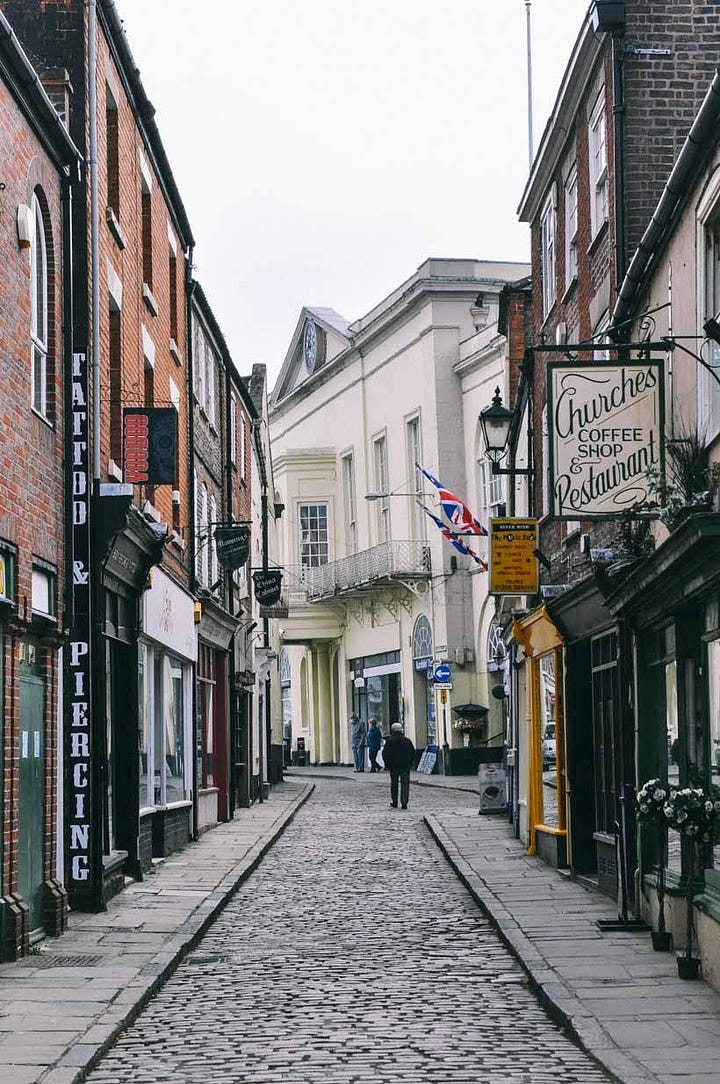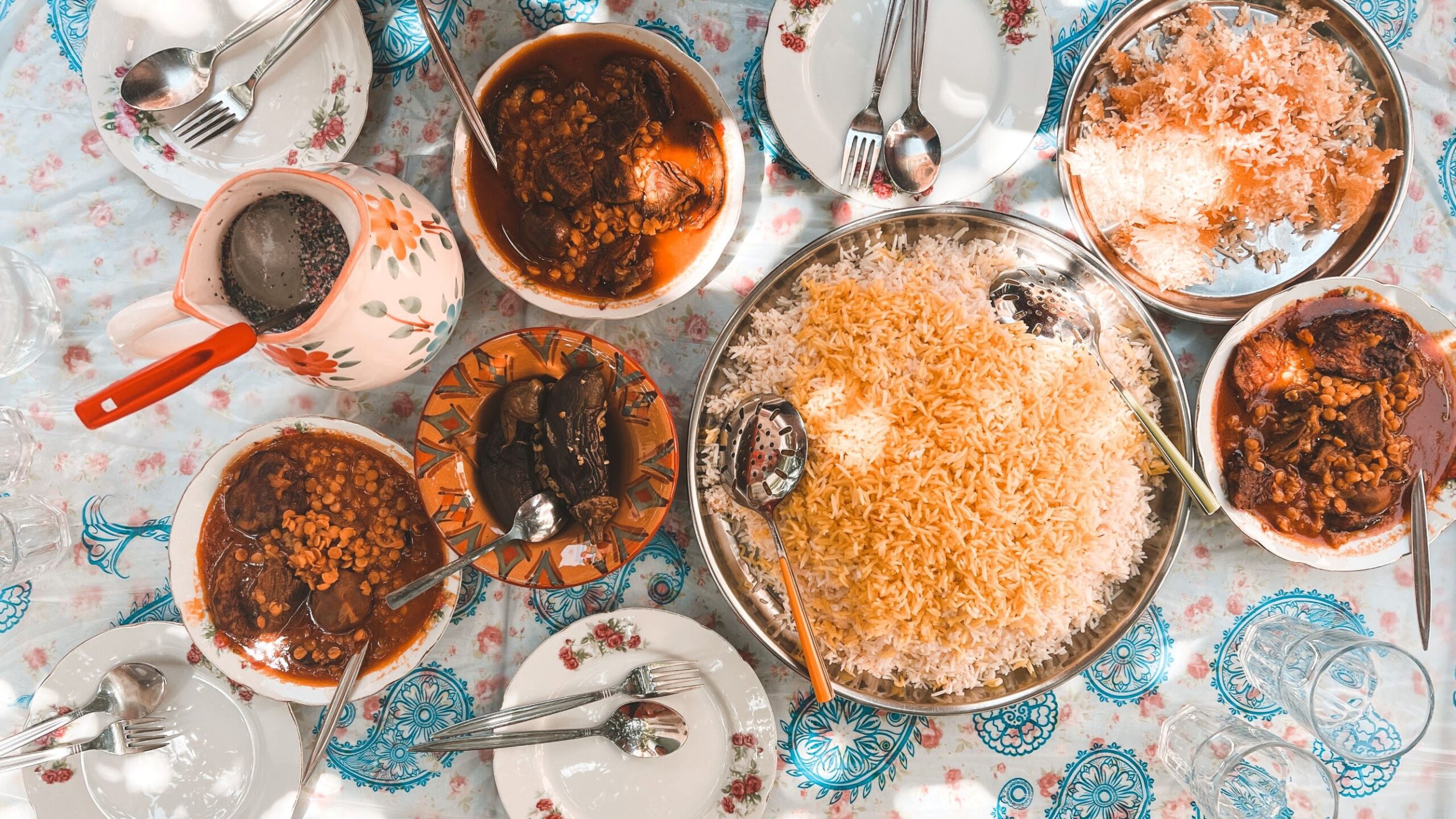Author: Lani Kingston
-

Monthly Musings: January, 2024
This month, discover Sweden’s most delicious (for my money, and Chef Magnus Nilsson may just agree) flatbread; the latest from Coffee Fest; and new interviews from Designing Coffee. I also take Tatler Magazine on a tour of the world’s best coffee shops. Last month was one of quiet reflection. A few days before Christmas, we…
-

Interview with Tatler Magazine: Inside the world’s most unique and beautiful cafés
I am very excited to announce the release of a feature article on my work and career in Tatler Magazine – a leading fashion, arts, and design publication founded in Britain in 1901. Written by Barnabas Mah and published on October 17th, 2023, the article focuses on my latest book, Designing Coffee, and my experiences…
-

On the Road: The Ultimate Sweet Lovers Guide to New York City
Originally published in Taste & Travel Issue 17, Spring 2015. Oven doors open to let waft the scent of freshly baked cookies filled with crushed pretzels, butterscotch, and potato chips; seasoned hands deftly squeeze piping bags filled with rosewater-scented cream onto tray after tray of fresh croissant-doughnut pastry hybrids; ice cream vats are filled with local milk,…
-

(not) Chocolate, (not) Milk: a dessert for Chef Dan Barber’s WastED Menu.
In 2017, renowned New York restaurant Blue Hill at Stone Barns brought their unique pop up WastED to the roof of Selfridges, London. Partnering with local food producers and manufacturers, they sourced food that would usually have gone to ‘waste’ and created a fine dining pop-up with some of the UK’s leading chefs and culinary…
-

On the Road: A Swedish Midsummer.
After a weekend in Stockholm, my friend Stina and I jumped in the car to drive out to the countryside. We were headed for Örebro, Stina’s university town, and the countryside surrounding it. We were to spend Midsommar by Lake Hjälmaren, Sweden’s fourth-largest lake. On our way, we stopped in at Sigtuna, Sweden’s first town…
-

On the Road: A Winery From the Middle Ages and Sustainable Living in Freiburg, Germany.
Home of the famous Freiburg Minster, a beautiful cathedral built in the 1200s, and the only Gothic cathedral completed in the Middle Ages to survive the bombing in the 1940s. A number of houses around the cathedral were wiped out in the raids in 1944, but the clever church staff had removed all of the…
-

A Kinfolk Magazine Gathering: L’Esprit de la mer.
Kinfolk is all about sharing, living, eating, talking, and discussing. Did you know they began as communities of ‘gatherings’: long table meals held across a number of different countries around the world? This spawned the magazine, and they’ve continued the gatherings – themed around their upcoming issues. It is always a small gathering, and they…
-

On the Road: Pork and sage three ways in Lincolnshire, England.
London was getting to me. I was writing my book, How to Make Coffee, while living out of Airbnbs and from the tables and counters of various cafes and bars. London was so.. distracting, and expensive. I’d looked around for a little studio I could rent in the countryside – it didn’t matter where – and…
-

A Persian Feast.
We are cooking Loobia Polo, fried and steamed cooked lamb, rice, and green beans – similar to a biryani. A common comfort food, this dish should comprise of a nice golden tahdig, pronounced tah-deeg, which literally means “bottom of the pot” in Farsi. The bottom layer of rice crisps up and creates a delicious crust.